QuestionHi, My Jack Russell is about 18 weeks old. She is a totally non aggressive, sweet little puppy. She's a bit shy and has a tendency to release her bladder when she's around strangers but we're hoping she'll grow out of that. My main concern is that she chews on my 3 year old. I mean she really chomps down on his legs and arm. I don't feel it's an aggressive act, it seems to me she's just playing with him like she would another puppy but her tiny, sharp teeth just tear at him. I try to deter her by giving her rawhide and other things she likes to chew on. I've tried crating her when she does this as well. I'm just wondering if there is any way we can stop this. She's drawn blood on several occasions and we certainly can't have this happening all through her puppyhood. Any advice you have would be greatly appreciated. Thanks
AnswerHi Stephanie,
Your puppy is actively teething! You are doing the right thing by providing her with lots of rawhide and chew toys. The "baby" teeth in pups are particularly sharp but they will be falling out a little at a time and being replaced with the less sharp "adult" teeth.
Like humans, dogs have two sets of teeth in their lives. The 28 baby teeth erupt through the gums between the third and sixth weeks of age. Puppies do not have to grind much food, so they do not have molars. Puppy teeth begin to shed and be replaced by permanent adult teeth at about four months of age. Your puppy is right on time for teething! Although there is some variation in breeds, most adult dogs have 42 teeth, with the molars coming last, at about six or seven months.
The order of tooth replacement is incisors first, then canines (fangs), and finally premolars. The teething period can be frustrating; the puppy clamps his mouth on everything he can reach in an attempt to relieve the discomfort. Teething can be accompanied by drooling, irritability, and fluctuations in appetite.
Unfortunately as with all youngsters,(puppies included) they have to be constantly reminded and corrected when they do something wrong. I doubt your toddler is able to correct the pup so you're going to have to ALWAYS be there when the two play together. The SECOND the pup starts to bite your son, you have to push her away, loudly say "NO BITE", and give her something else to chew on. It takes a little while but eventually the pup will learn that babies are not approved chew toys :) It's constant correcting.
If you can teach your toddler to say "NO BITE" and to push the pup away when she starts with the biting it would help but that depends on how old he is. The correction has to be a sharp command to make sure it changes the puppies thinking mode.
Don't give up hope, it's going to be frustrating but you have to stay on top of it. Her teeth have about 2 or 3 more months of change to go through and then I promise, the constant gnawing and biting will calm way down.
GOOD LUCK!!
Carol

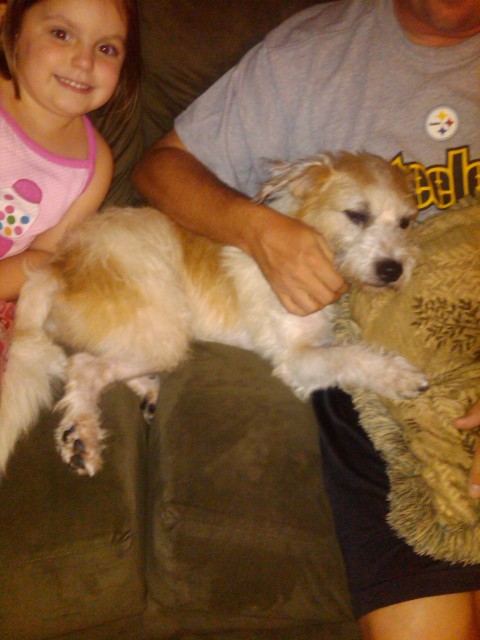 My Rescued Jack Mix
Question
Oliver
Hello Carol!
I am thrilled to see there
My Rescued Jack Mix
Question
Oliver
Hello Carol!
I am thrilled to see there
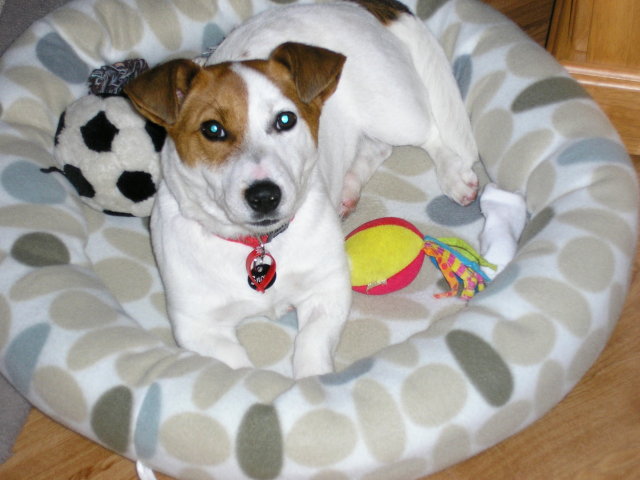 Jumping at the TV
QuestionQUESTION: Im sorry, you may have been asked thi
Jumping at the TV
QuestionQUESTION: Im sorry, you may have been asked thi
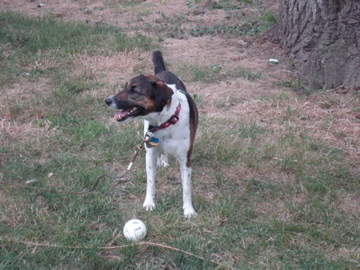 Parsons Jack Russell Aggression
Question
Padame
My family and I adopted a female JRT (P
Parsons Jack Russell Aggression
Question
Padame
My family and I adopted a female JRT (P
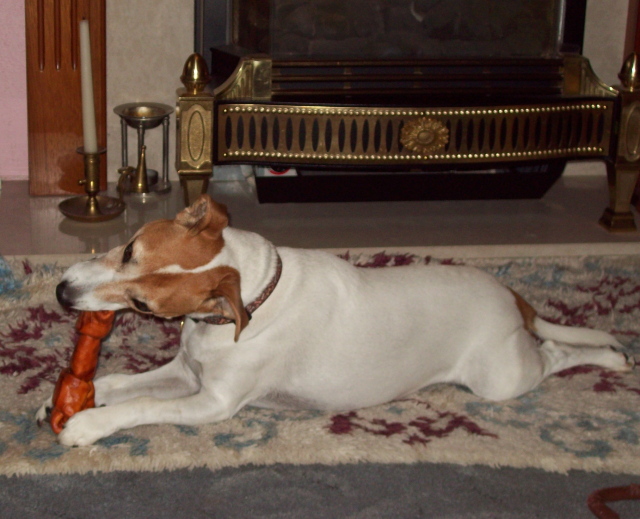 Parson Jack Russell Terrier bitch
Question
Pippa
My PJR bitch was 5 last December. She ha
Parson Jack Russell Terrier bitch
Question
Pippa
My PJR bitch was 5 last December. She ha
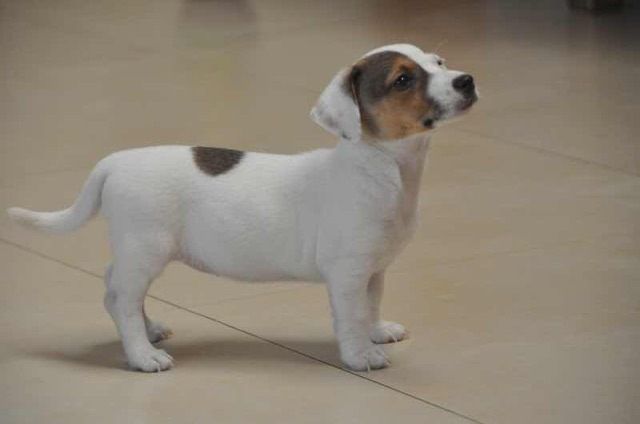 2 Jack Puppies 10 week old
Question
Lola Jack
Hi!....We just bought t
2 Jack Puppies 10 week old
Question
Lola Jack
Hi!....We just bought t